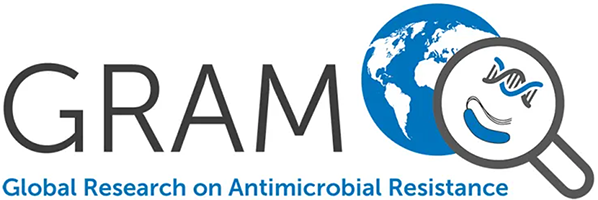A dominant clone of Leptospira interrogans associated with an outbreak of human leptospirosis in Thailand.
Thaipadungpanit J., Wuthiekanun V., Chierakul W., Smythe LD., Petkanchanapong W., Limpaiboon R., Apiwatanaporn A., Slack AT., Suputtamongkol Y., White NJ., Feil EJ., Day NPJ., Peacock SJ.
BACKGROUND: A sustained outbreak of leptospirosis occurred in northeast Thailand between 1999 and 2003, the basis for which was unknown. METHODS AND FINDINGS: A prospective study was conducted between 2000 and 2005 to identify patients with leptospirosis presenting to Udon Thani Hospital in northeast Thailand, and to isolate the causative organisms from blood. A multilocus sequence typing scheme was developed to genotype these pathogenic Leptospira. Additional typing was performed for Leptospira isolated from human cases in other Thai provinces over the same period, and from rodents captured in the northeast during 2004. Sequence types (STs) were compared with those of Leptospira drawn from a reference collection. Twelve STs were identified among 101 isolates from patients in Udon Thani. One of these (ST34) accounted for 77 (76%) of isolates. ST34 was Leptospira interrogans, serovar Autumnalis. 86% of human Leptospira isolates from Udon Thani corresponded to ST34 in 2000/2001, but this figure fell to 56% by 2005 as the outbreak waned (p = 0.01). ST34 represented 17/24 (71%) of human isolates from other Thai provinces, and 7/8 (88%) rodent isolates. By contrast, 59 STs were found among 76 reference strains, indicating a much more diverse population genetic structure; ST34 was not identified in this collection. CONCLUSIONS: Development of an MLST scheme for Leptospira interrogans revealed that a single ecologically successful pathogenic clone of L. interrogans predominated in the rodent population, and was associated with a sustained outbreak of human leptospirosis in Thailand.

